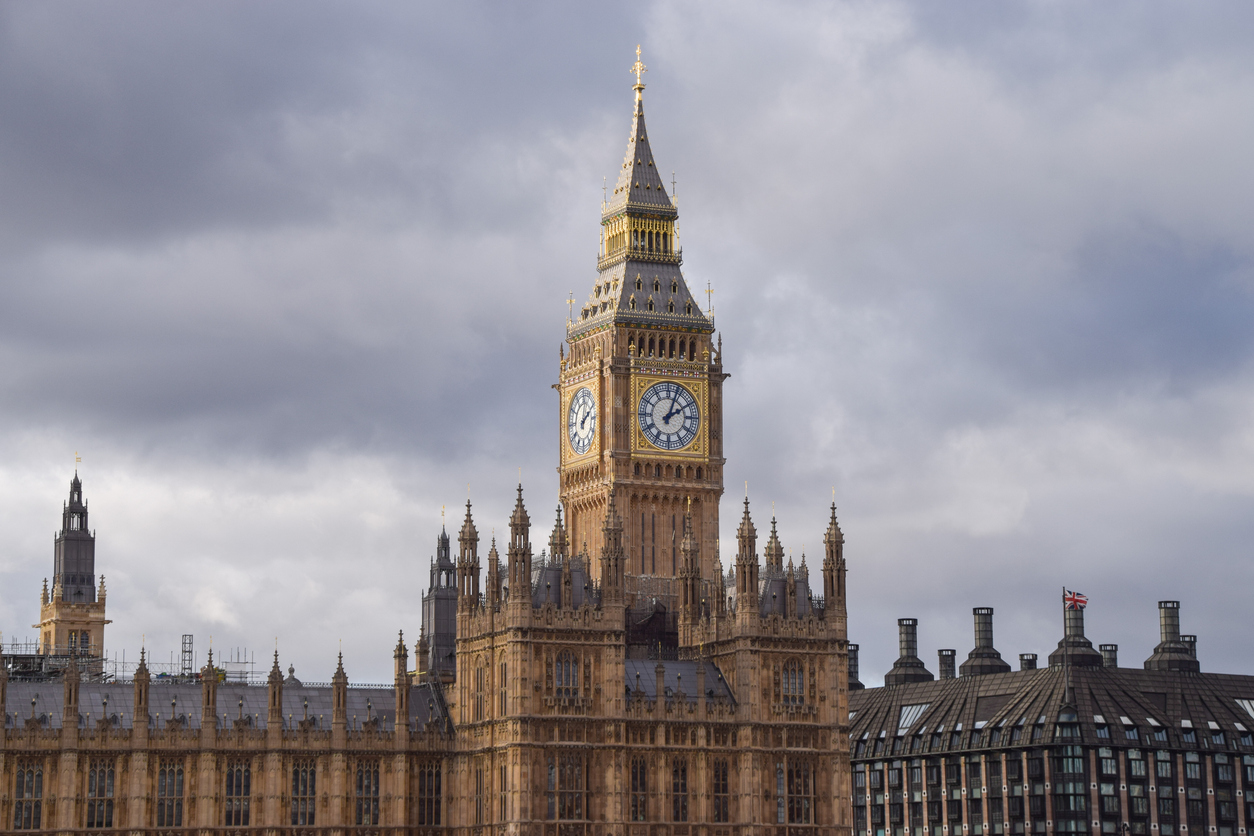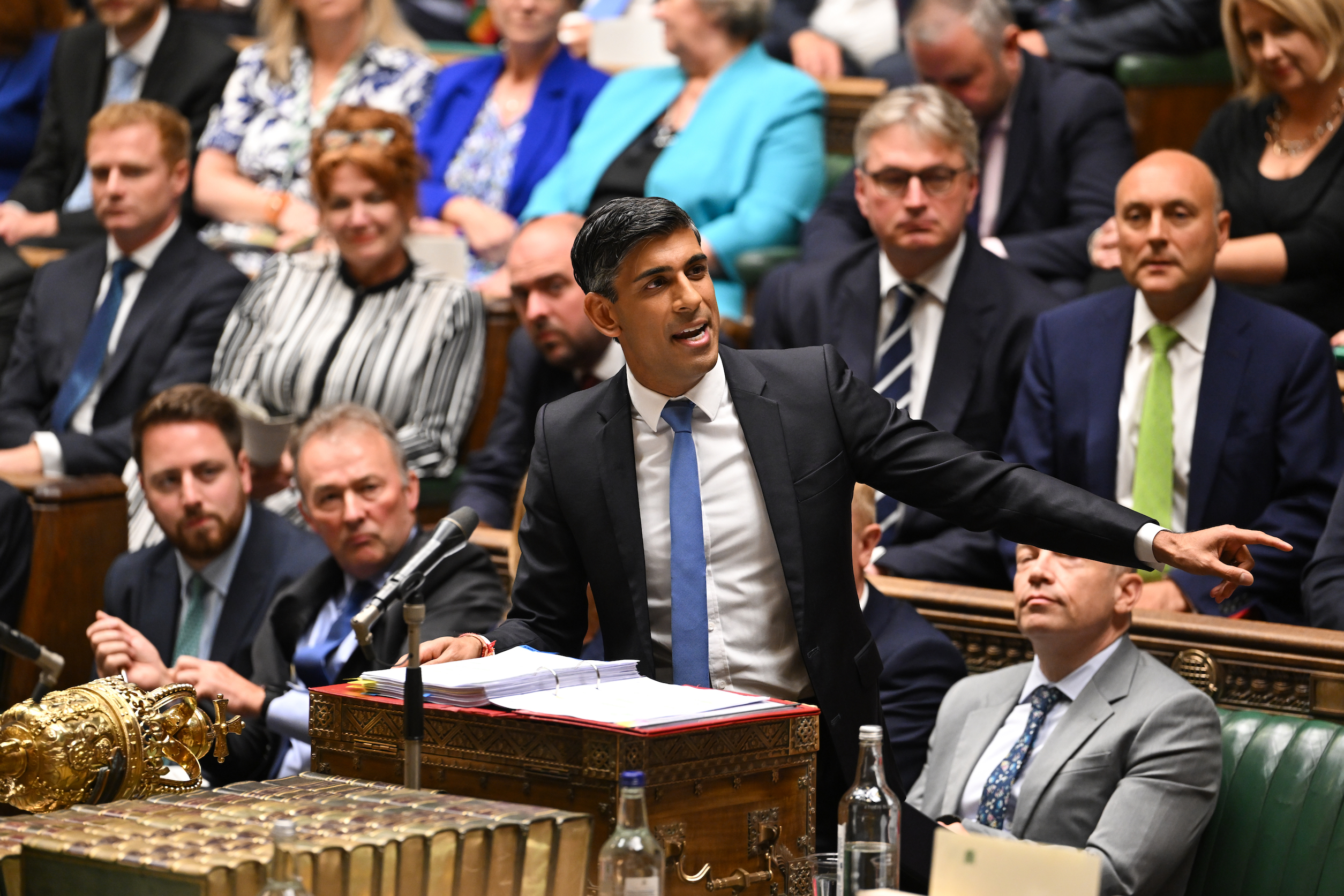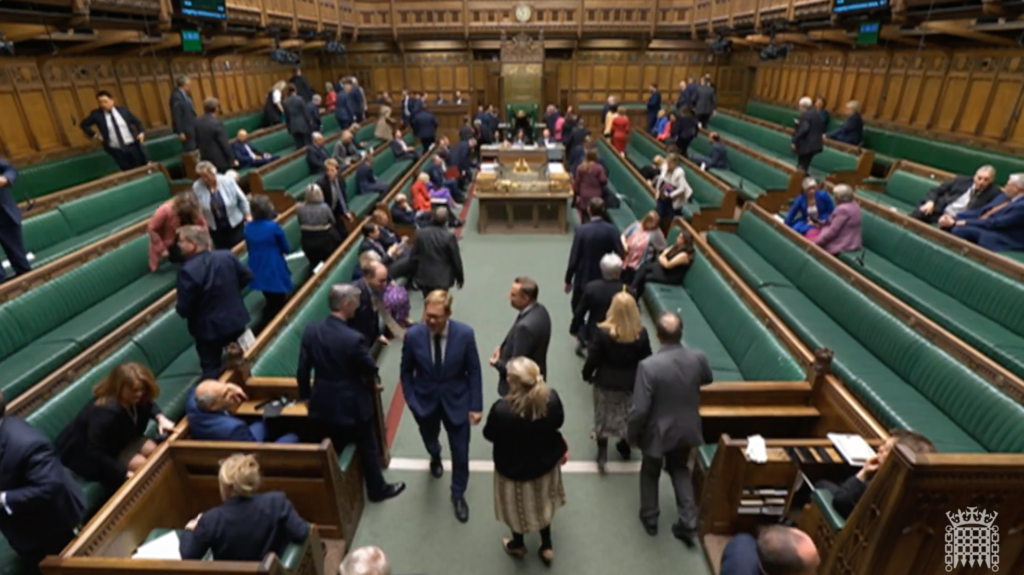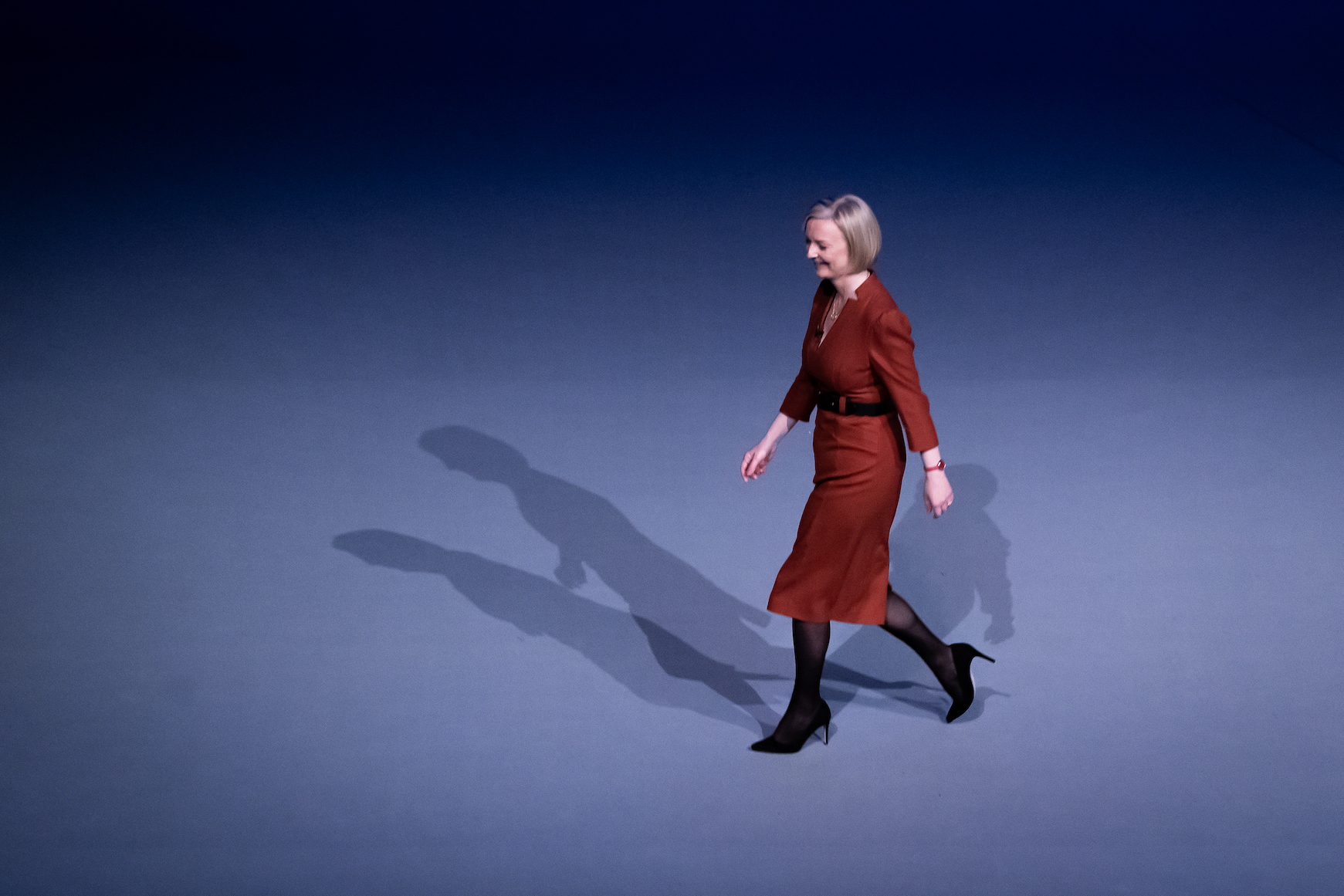How much is the bedroom tax 2023?
This reduction in housing benefit, or the housing element of Universal Credit, has been differently referred to as ‘the bedroom tax’, the ‘under-occupation tax’, or ‘the removal of the spare room subsidy’.
Under the regulations, a social housing tenant whose property is considered over-occupied lose 14% of their eligible rent for 1 room and 25% for two or more rooms.
As such, if soemone’s rent is £400 a month, their benefit would be cut by £56 a month for one extra bedroom, or £100 for two extra bedrooms.
Tenants are expected to make up this deduction or relocate to a smaller accommodation. While sub-letting is illegal for social tenancies, a tenant subject to the tax may take in lodgers.



The UK’s leading Housing charities have continuously attacked the bedroom tax.
How does the bedroom tax work?
The new legislation set out to scale benefits to the number of tenants living in a rented property, and the relative size of this property.
Claimants would only receive benefit for the number of rooms they are entitled to: spare bedrooms would not be covered by their eligible rent.
The Department for Work and Pensions (DWP) decides what constitutes an ‘extra room’. Shared bedrooms are expected for any two children of either sex under 10, one bedroom for any two children of the same sex under 16, and one bedroom per couple. If a room becomes unoccupied following a death, the reduced benefit will only come into effect after 52 weeks.
Ahead of its implementation, opponents of the bedroom tax contended that certain groups would suffer the effects of the tax most severely. These included children living with disabilities who required an extra room, and parents who had an adult child that is away for limited periods of time.
In March 2013 the Government subsequently announced exemptions for children with a severe disability and parents whose children were studying at university, or had been deployed on missions whilst acting for the armed forces.
If someone is an approved foster carer, there is provision for one extra bedroom for a foster child. This provision continues providing it has not been over a year since the previous placement.
The bedroom tax only applies to those of working age. Those who have reached the pension age are not liable for the bedroom tax.
The housing benefit or universal credit calculation of those living with a disabled child allows them a separate bedroom, providing the child is receiving the Disability Care Component at the middle or highest rate, and that the housing benefit office accepts that their disability prevents them from sharing a bedroom.
Who introduced the bedroom tax?
Under the Welfare Reform Act 2012, the Conservative-Liberal Democrat coalition government introduced a series of changes to UK Housing Benefits.
Implemented in April 2013, the new regulations meant that working-age tenants living in social housing risked seeing their housing benefit cut if they were classified as having an extra bedroom. The reform applies to all working age occupants renting from a local authority, a registered housing association or a registered social landlord.
Arguments made for the bedroom tax
The driving force behind the introduction of the ‘bedroom tax’ was the rising housing benefit bill which, in 2013, stood at £23 billion.
Supporters of the bedroom tax, take issue with the definition of the measure as a tax, and refer to it as the ‘spare bedroom subsidy’.
This definition follows the argument most frequently made for the bedroom tax, that prior to its introduction, taxpayers were subsidising social housing tenanst to live in accommodation far larger than was considered necessary. This involved funding the provision of a separate bedroom which was unoccupied.
The reform intended to address this imbalance and to allow a better correlation between the number of occupants and the number of rooms in a house. As stated by Boris Johnson when Mayor of London in 2013, the objective was to achieve a “more equitable distribution of what is a public good, which is subsidised accommodation”.
Through his time in office, Prime Minister David Cameron reiterated that the proposals were an alteration to a benefit, and not an increased tax.
Opposition to the bedroom tax
Critics view the bedroom tax as placing additional financial strains on the most vulnerable members of society. Opponents point out that the burden of the tax falls the hardest on those in the lowest socio-economic brackets. It is argued that those with sufficient salaries are better able to cope with the increased housing costs and remain in their accommodation.
It was argued that those with the lowest and most precarious incomes, wouldn’t be able to afford the new found reduction in their housing benefit. Forced to downsize, this gave rise to further concern over a lack of smaller properties available from a local housing association or local council, and the prospect of increased homelessness.
Opponents of the bedroom tax have repeatedly argued that the policy has not had the stated effect of rebalancing the housing stock with people moved to smaller properties. Instead it has just represented a further burden on those struggling with housing benefit.
In 2014, the Department for Work and Pensions published a report stating that only one in twenty claimants affected by the tax had successfully downsized their property. A further study conducted in 2016 showed that 6% of those affected had successfully moved.
Official study: Bedroom tax driving people into hunger and debt
Challenges to the bedroom tax
Following its introduction, the bedroom tax has faced a number of legal challenges. These challenges have revolved around situations involving an adult couple who were unable to share a bedroom for medical reasons; and non-dependent adults requiring overnight care, in particular where claimants have either been living with a disability, or living with a disabled person (the issue of the overnight non resident carer).
In 2015, the Supreme Court found two of these cases in favour of the claimant, ruling that the housing benefit change placed unjust distinctions on adults and children. In response to these cases, regulations were changed to exempt vulnerable adults in April 2017.
In November 2019, The Supreme Court ruled that an individual’s housing benefit should not be reduced if this resulted in a violation of their human rights. The judgement, delivered by Lady Hale, reaffirmed the Human Rights Act as taking legal presence over secondary legislation such as the bedroom tax.
Victory for bedroom tax couple as DWP defeated in court again
Statistics
When the bedroom tax came into force in April 2013, a predicted 660,000 housing benefit claimants were affected. This was approximately 31% of all working-age Housing Benefit claimants living in social housing. [Source – DWP, 2012]
According to figures from the Department of Work and Pensions, as of May 2019, 13% of working-age housing benefit recipients had experienced a reduction to their weekly payment on account of the Under Occupancy Penalty.
A 2013 poll conducted by Ipsos Mori found that more of the public supported than opposed the reduction of housing benefit for under-occupying social housing tenants. However, 41% thought that reducing housing benefit in this way will not lead to a more efficient use of social housing.
Bedroom tax support falls apart as Lib Dem president breaks ranks


























